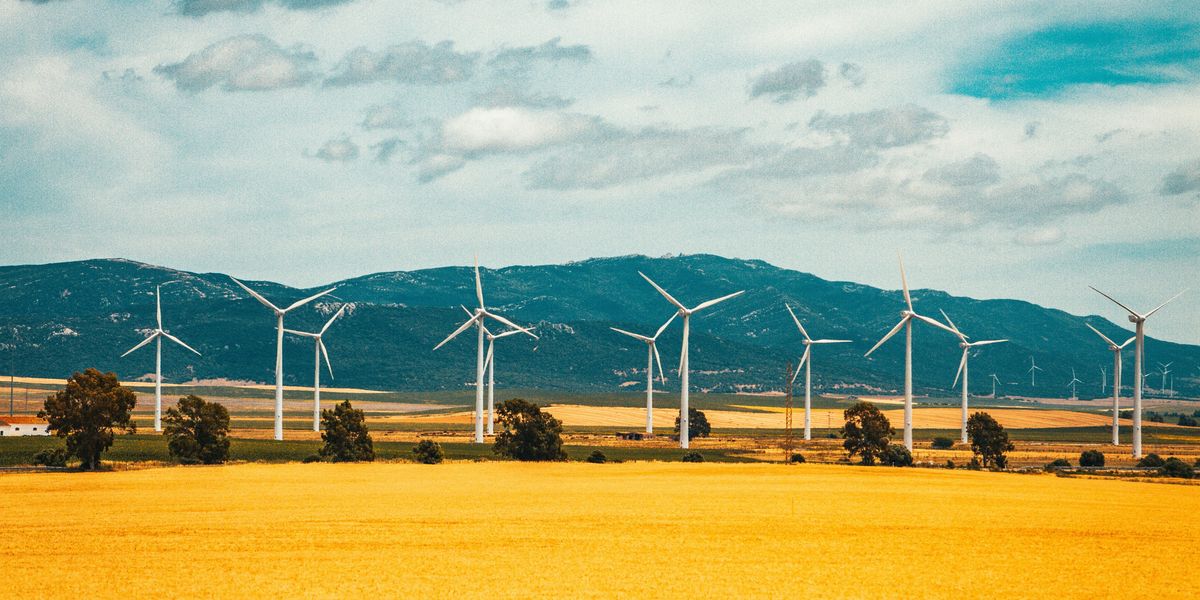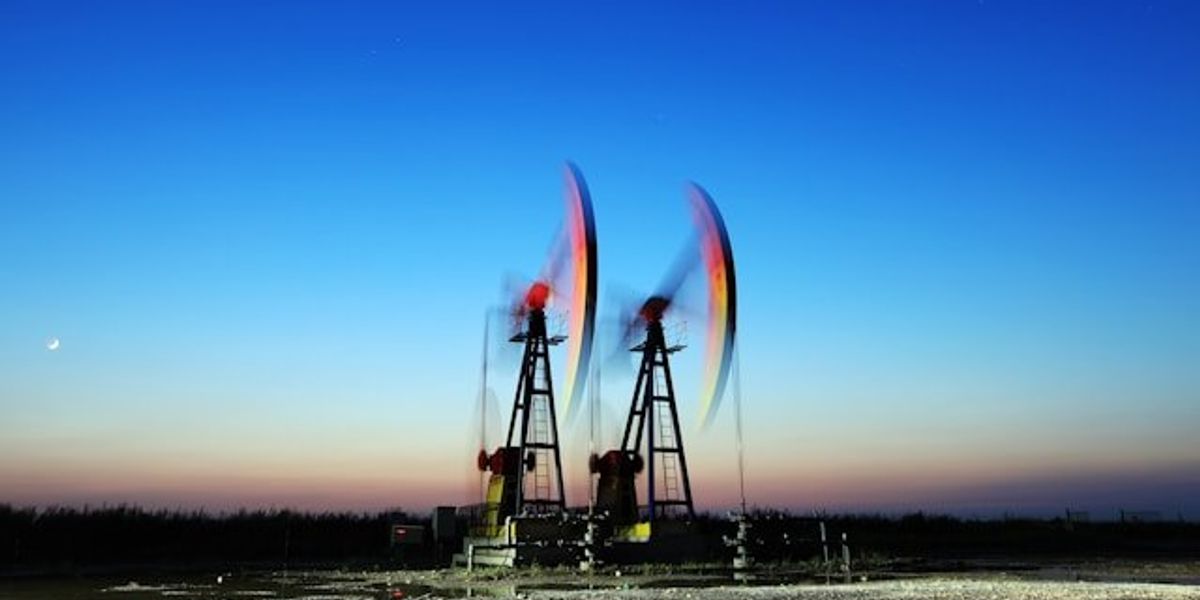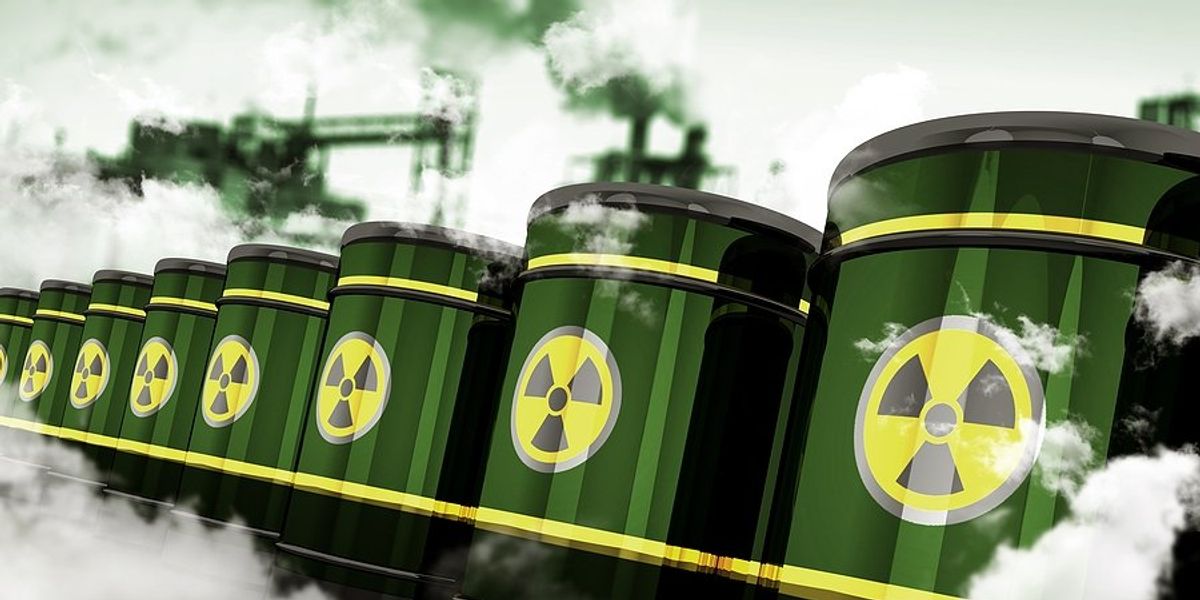
Repealing clean energy incentives could cost families hundreds more in utility bills
A Republican-backed bill aiming to roll back the Inflation Reduction Act’s clean energy support would increase average household energy costs by $250 to $415 annually, according to multiple policy analyses.
Naveena Sadasivam reports for Grist.
In short:
- Branded by President Trump as the “One Big, Beautiful Bill,” the legislation would repeal nearly all clean energy incentives from the 2022 Inflation Reduction Act, which had helped lower generation costs by expanding wind, solar, and other low-emission energy sources.
- Policy groups including Energy Innovation, the Rhodium Group, and Princeton’s ZERO Lab project that the repeal would increase household energy bills by $250 to $415 annually by 2035, primarily due to higher reliance on fossil fuels.
- States with deregulated energy markets, such as Texas and Pennsylvania, would experience more severe price spikes, while regulated markets may see smaller, steadier increases due to the way costs are passed to consumers.
Key quote:
“The ironic thing is that what’s in the bill, the net results of it will be completely contradictory to what the [Trump] administration’s stated policy priorities are and will cede a lot of the AI development and the manufacturing to China specifically.”
— Robbie Orvis, senior director for modeling and analysis at Energy Innovation
Why this matters:
Electricity demand in the United States is rising fast, fueled by the spread of electric vehicles, new factories, and energy-hungry data centers. The 2022 Inflation Reduction Act aimed to meet that growing demand with renewable energy, which has no fuel costs once built. Rolling back those supports means utilities will turn back to coal and gas — both more expensive and more polluting. As demand outpaces supply, households are likely to see rising utility bills.
This is also about health: Fossil fuel power plants emit pollutants that increase the risk of asthma, heart disease, and cancer. If incentives for electric vehicles and clean electricity are cut, the U.S. will burn more gasoline and natural gas, raising exposure to these hazards. And globally, weakening U.S. leadership on clean energy could slow climate progress while allowing other nations, especially China, to dominate emerging tech markets in green manufacturing and artificial intelligence.
Learn more: Clean energy investments in GOP-led states face cuts under Trump-backed tax bill













